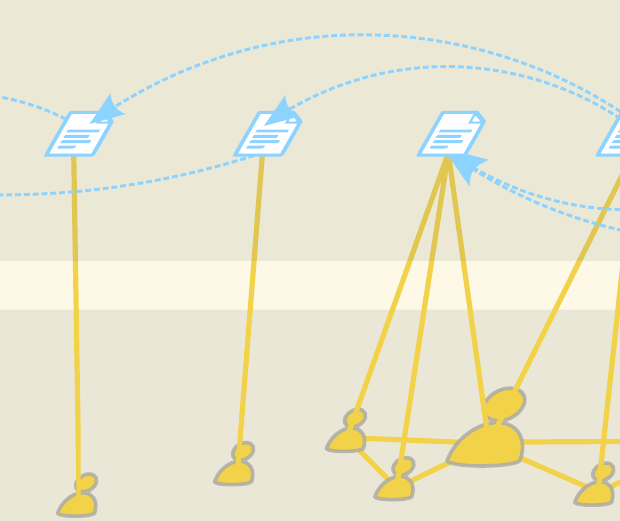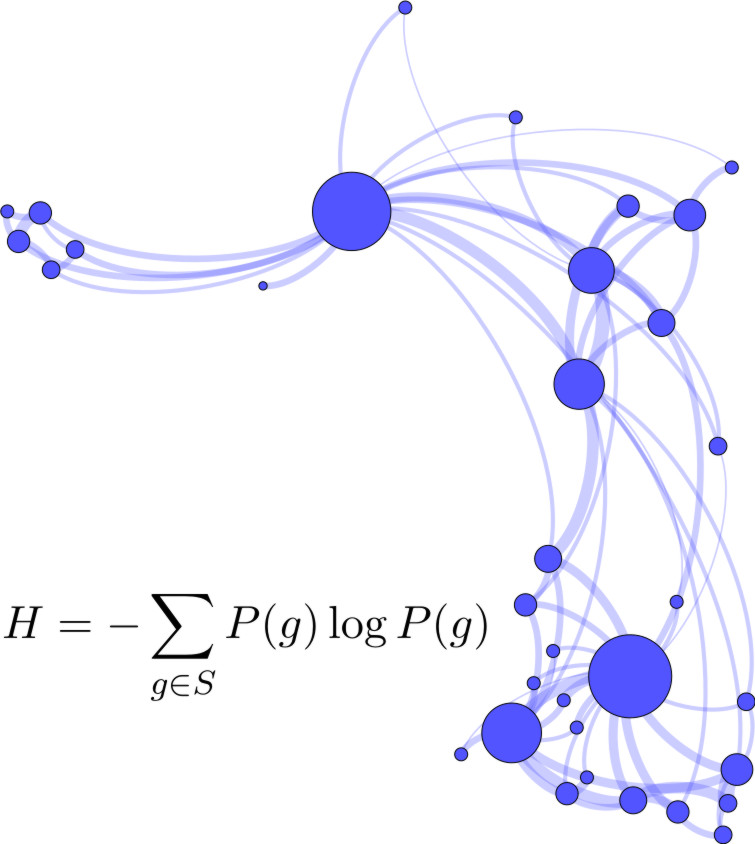Christian Zingg
In my research I study the effects that shocks have on the network structure of social systems. To examine structural changes I define and analyze measures that are for example based on entropies. Having a theoretical background yet being interested in real world problems it is very important to me to discuss both theory and applications.
Before starting at the Chair of Systems Design as a PhD I studied applied mathematics at the ETH Zurich. My focus there was on statistics as well as systems design.
Publications»
«Publications
Publications in


Citations Driven by Social Connections? A Multi-Layer Representation of Coauthorship Networks
|
[2020]
|
|
Nanumyan, Vahan;
Zingg, Christian;
Schweitzer, Frank
|
Quantitative Science Studies,
pages: 1493-1509,
volume: 1,
number: 4
|
more» «less
|
Abstract
To what extent is the citation rate of new papers influenced by the past social relations of their authors? To answer this question, we present a data-driven analysis of nine different physics journals. Our analysis is based on a two-layer network representation constructed from two large-scale data sets, INSPIREHEP and APS. The social layer contains authors as nodes and coauthorship relations as links. This allows us to quantify the social relations of each author, prior to the publication of a new paper. The publication layer contains papers as nodes and citations between papers as links. This layer allows us to quantify scientific attention as measured by the change of the citation rate over time. We particularly study how this change correlates with the social relations of their authors, prior to publication. We find that on average the maximum value of the citation rate is reached sooner for authors who have either published more papers or who have had more coauthors in previous papers. We also find that for these authors the decay in the citation rate is faster, meaning that their papers are forgotten sooner.


What is the Entropy of a Social Organization?
|
[2019]
|
|
Zingg, Christian;
Casiraghi, Giona;
Vaccario, Giacomo;
Schweitzer, Frank
|
Entropy,
volume: 21,
number: 9
|
more» «less
|
Abstract
We quantify a social organization's potentiality, that is its ability to attain different configurations. The organization is represented as a network in which nodes correspond to individuals and (multi-)edges to their multiple interactions. Attainable configurations are treated as realizations from a network ensemble. To encode interaction preferences between individuals, we choose the generalized hypergeometric ensemble of random graphs, which is described by a closed-form probability distribution. From this distribution we calculate Shannon entropy as a measure of potentiality. This allows us to compare different organizations as well different stages in the development of a given organization. The feasibility of the approach is demonstrated using data from 3 empirical and 2 synthetic systems.
Talks»
«Talks
Talks
Measuring resilience of social organizations using entropy---a temporal case-study from open source software development
[Sept. 23, 2020 - Sept. 23, 2020]
NetSci 2020 (online)
Citations driven by social connections? A multi-layer representation of co-authorship networks
[Sept. 23, 2020 - Sept. 23, 2020]
NetSci 2020 (online)
A Regression Discontinuity Approach for Fact Checking
[Sept. 17, 2020 - Sept. 17, 2020]
ROME II Satellite @ NetSci 2020 (online)
Measuring Resilience of Social Organizations Using Entropy
[July 9, 2020 - July 9, 2020]
SIAM Workshop on Network Science (NS20)
Citations driven by social connections? A multi-layer representation of co-authorship networks
[Oct. 3, 2019 - Oct. 3, 2019]
PhysPlex III Satellite at CCS 2019 at Nanyang Technological University in Singapore
A Network Approach to Quantify Spatio-Temporal Constraints of Social Organisations
[Oct. 2, 2019 - Oct. 2, 2019]
Satellite meeting at CCS19: Extracting and analysing networks from spatio-temporal data
What is the Entropy of a Social Organization?
[Sept. 30, 2019 - Oct. 4, 2019]
Nanyang Technological University, Singapore
A network approach to calculate the entropy of social organisations
[Sept. 9, 2019 - Sept. 12, 2019]
EUSN 2019 -- Zurich, Switzerland
|




